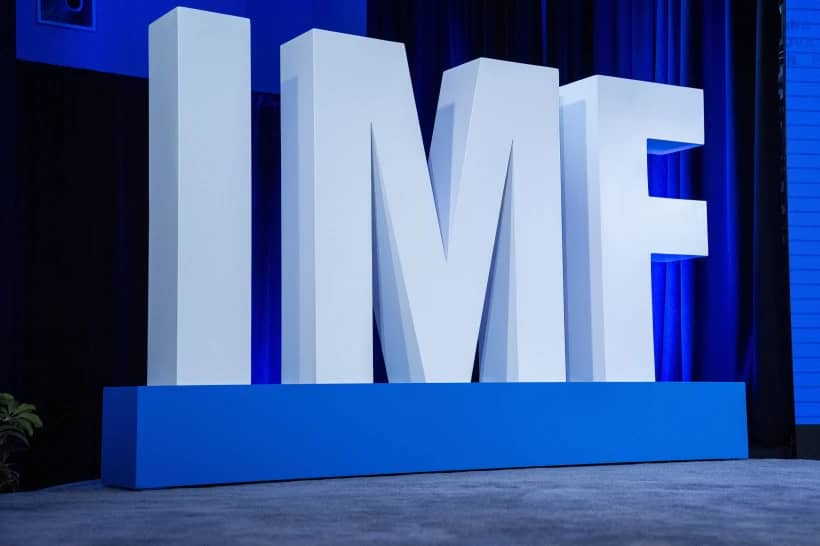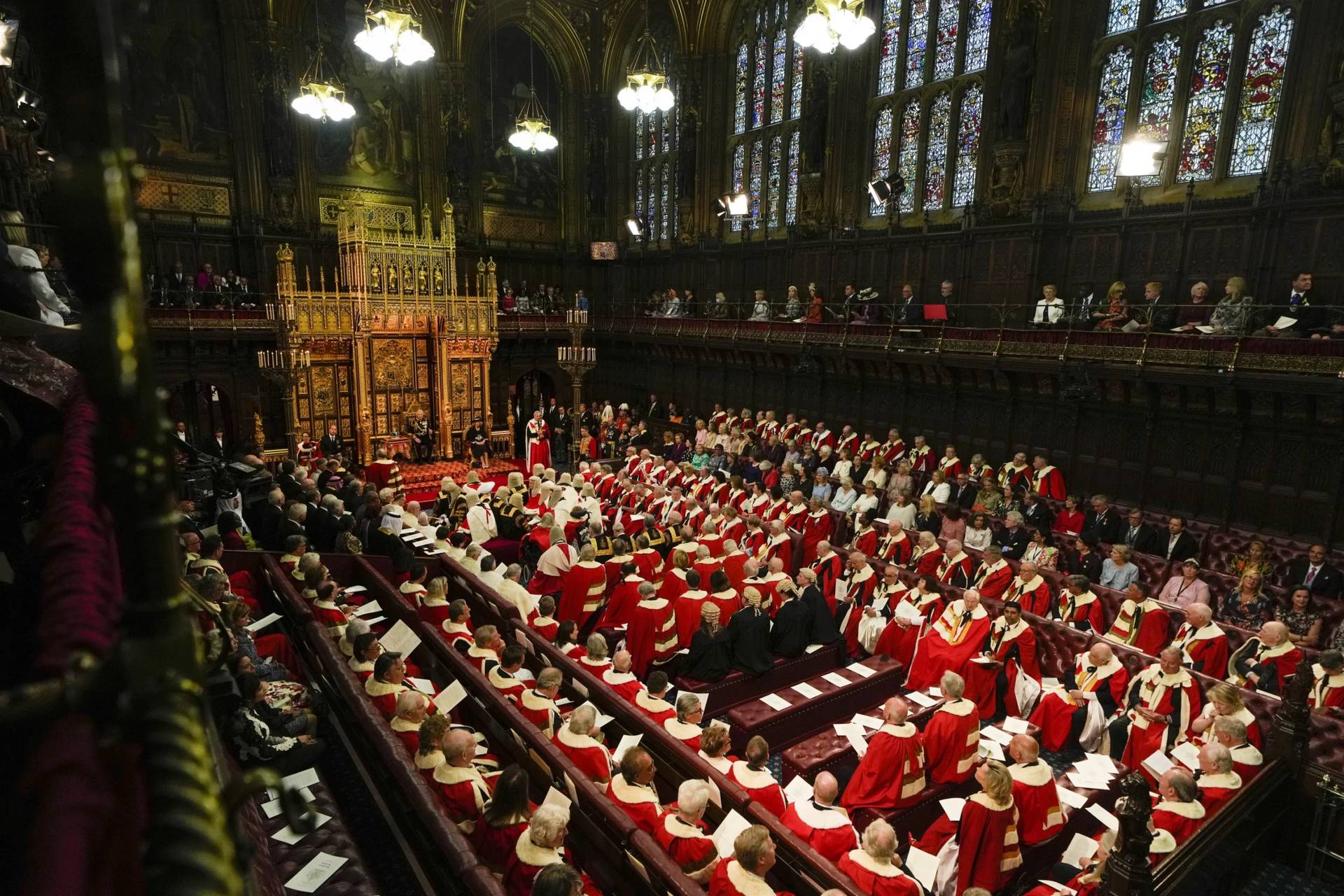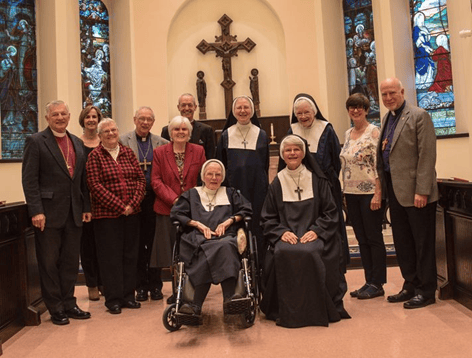LEICESTER, United Kingdom – Ireland’s bishops are calling for people to be allowed to attend public worship as soon as the country eases its COVID-19 lockdown.
The Republic of Ireland won’t lift its Level 5 restrictions – a full lockdown with people urged to stay at home – until April 5 at the earliest; however, public worship won’t be allowed until the country reaches Level 2.
“We strongly believe that people’s freedom to worship publicly should be restored as soon as the current Level 5 restrictions begin to be eased. It is particularly painful for Christians to be deprived, for the second year running, of the public expression of our faith during the most sacred time of Holy Week and Easter,” the bishops said in a statement issued on Tuesday, during their Spring General Meeting.
“This is especially true given that it has been clearly demonstrated that church buildings are among the safest places for people to gather,” the statement said.
Ireland’s four archbishops met with Irish Prime Minister Micheál Martin on Feb. 19 to discuss the country’s COVID-19 restrictions and how they have impacted on religious life.
Attending the meeting were Archbishop Eamon Martin of Armagh, Archbishop Dermot Farrell of Dublin, Archbishop Kieran O’Reilly of Cashel and Emly, and Archbishop Michael Neary of Tuam.
In a statement after the meeting, the prime minister’s office said he would give “consideration” to the views of the archbishops and “agreed to maintain dialogue as the situation evolves.”
RELATED: Irish archbishops ask government to allow public worship during Lent
In their March 9 statement, the bishops said despite these assurances from the government, they “note with disappointment that none of the issues raised has been responded to.”
In their statement, the prelates made two requests of the Irish government: That the easing of restrictions from Level 5 should include the restoration of public worship, “albeit in a safe and limited” manner; and that the number of mourners permitted at funeral services be increased, “with immediate effect,” noting that in Northern Ireland this number has not been reduced below 25.
“For people of faith not to be free to worship until regulations return to Level 2, whilst many other restrictions are eased, is seen as particularly distressing and unjust,” the bishops said.
They added that the ongoing restrictions on attendance at Funeral Masses – currently limited to ten – “are causing untold grief to many families.”
“Throughout this time of pandemic, the approach of the Church has been firmly grounded in the protection of health and life and in the promotion of the Common Good. We recognize that strong restrictions are necessary in times of grave threat to public health. However, such restrictions on personal freedom should be proportionate and for the shortest time possible,” the bishops’ statement said.
“Consideration must also be given to people’s mental, spiritual and emotional wellbeing. For people of faith, gathering for worship is fundamental to their identity and to their spiritual lives,” the prelates continued.
In response, a government spokesperson said the prime minister was “surprised” by the bishops’ statement.
“He carried out a virtual meeting with the four Archbishops on February 19th in good faith, when he explained the impact of the new variant and the importance of suppressing the virus while the most vulnerable in society are vaccinated,” the spokesperson told the Irish Times. “He also acknowledged the importance of the church community in people’s lives and agreed to maintain an open dialogue.”
The official said that “due to the serious nature of the pandemic, it was not possible to give guarantees on future levels of restrictions, however, the next steps would be clarified in the lead up to April 5th.”
As of March 8, the Republic of Ireland had reported 222,169 cases and 4,405 confirmed deaths from the coronavirus. The country is currently struggling to access vaccines to inoculate the population.
The Republic of Ireland, with a population of 4.9 million, has administered 373,149 first doses of COVID-19 vaccines; Northern Ireland, with 1.8 million, will have vaccinated 600,000 people by the end of Wednesday.
Follow Charles Collins on Twitter: @CharlesinRome

















